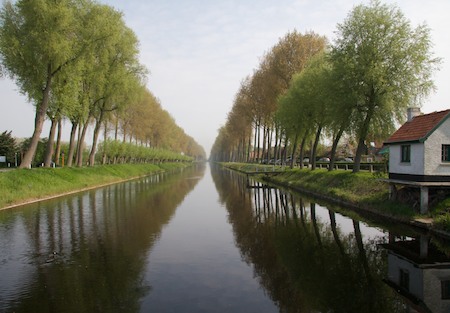 On the Mac, I’ve always liked Apple’s standard Mail app. On the rare occasions when I need an email program on another platform, I use Thunderbird, from the nice people who brought you Firefox.
On the Mac, I’ve always liked Apple’s standard Mail app. On the rare occasions when I need an email program on another platform, I use Thunderbird, from the nice people who brought you Firefox.
Thunderbird, I gather from those who have looked carefully into these things, is a very well-behaved email program. Its underlying code is sound, especially when it comes to IMAP. It lacks the polish of Mail, and has limited searching capabilities, but it’s otherwise a good choice.
So I was interested today when my friend Ray told me about Postbox, a Windows and Mac mail client that’s built on top of Thunderbird but adds a variety of new features, including more sophisticated filtering and searching, and looks a bit prettier. I’ve been trying it and it looks quite nice.
The great thing about keeping your mail on an IMAP server, of course, is that you can move between programs without worrying that your valuable messages will get swallowed up in a variety of different mail folder formats. So I’ll try this for a while and see how it goes…





 There’s
There’s
Recent Comments